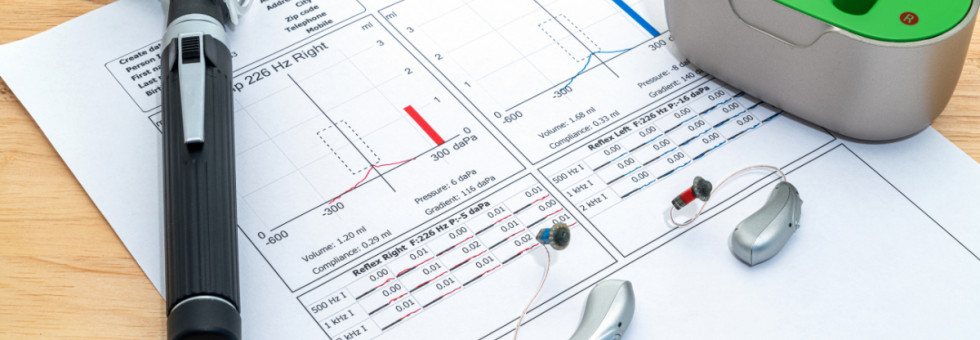Rechargeable Hearing Aids or Disposable Battery Hearing Aids – which is better?
Hearing aids play a crucial role in enhancing the quality of life for individuals with hearing loss. As technology advances, the debate between rechargeable hearing aids and disposable battery hearing aids has gained momentum. Each option comes with its own set of advantages and disadvantages, catering to the diverse needs and preferences of users. In this article, we will delve into the pros and cons of rechargeable hearing aids and disposable battery hearing aids, aiding individuals in making informed decisions about their hearing solutions.
Rechargeable hearing aids
Pros:
- Eco-friendly: One of the most significant advantages of rechargeable hearing aids is their positive impact on the environment. Rechargeable batteries reduce the need for disposable batteries, reducing overall waste and contributing to a more sustainable lifestyle.
- Cost-Effective in the Long Run: While the initial cost of rechargeable hearing aids may be higher, they prove to be cost-effective over time. Users can save money on disposable batteries, which can add up to a substantial amount over the lifespan of the hearing aids.
- Convenience: Rechargeable hearing aids are convenient for users who may struggle with dexterity issues or have difficulty handling small batteries. Simply placing the hearing aids in a charging dock overnight eliminates the need for frequent battery replacements.
- Improved Battery Technology: Advances in rechargeable battery technology have resulted in longer-lasting batteries that hold their charge for extended periods, providing users with a reliable and consistent power source.
Cons:
- Charging Dependency: Users of rechargeable hearing aids must be diligent about charging their devices regularly. Forgetting to charge the hearing aids can lead to an inconvenient and sudden loss of hearing functionality.
- Limited Lifespan: Over time, rechargeable batteries in hearing aids may experience a reduction in their ability to hold a charge. While this is a common issue with most rechargeable devices, it can be a concern for individuals who rely heavily on their hearing aids.
Disposable battery hearing aids
Pros:
- Flexibility: Disposable battery hearing aids provide users with the flexibility to replace batteries on the go. This is particularly advantageous for those who may not have immediate access to charging facilities.
- Longevity: Disposable batteries can last longer than a single charge in rechargeable hearing aids. Users may find that they need to change disposable batteries less frequently, especially with the use of long-lasting zinc-air batteries.
- Readily Available: Disposable batteries are widely available and can be purchased at supermarkets, audiology centres, hospitals and optical shops. Users can purchase replacements at local stores, ensuring they are never without a power source.
Cons:
- Environmental Impact: Disposable batteries contribute to environmental pollution when improperly disposed of. The manufacturing and disposal of disposable batteries can lead to environmental harm, making them a less eco-friendly option.
- Ongoing Costs: While the upfront cost of disposable battery hearing aids is generally lower, the ongoing expense of purchasing replacement batteries can accumulate over time, potentially surpassing the cost of rechargeable hearing aids.
- Inconvenience of Battery Changes: Users may find it inconvenient to change disposable batteries, particularly if they have dexterity issues or struggle with small and intricate tasks.
Choosing between rechargeable and disposable battery hearing aids involves considering personal preferences, lifestyle, and environmental concerns. Rechargeable hearing aids offer a greener and cost-effective solution, while disposable battery hearing aids provide flexibility and accessibility. Individuals should weigh the pros and cons of each option, consulting with hearing healthcare professionals to determine which type of hearing aid aligns best with their needs and preferences. Ultimately, the decision between rechargeable and disposable battery hearing aids is a personal one, with both options aiming to improve the overall hearing experience for individuals with hearing loss.
Looking to try out new hearing aids?


